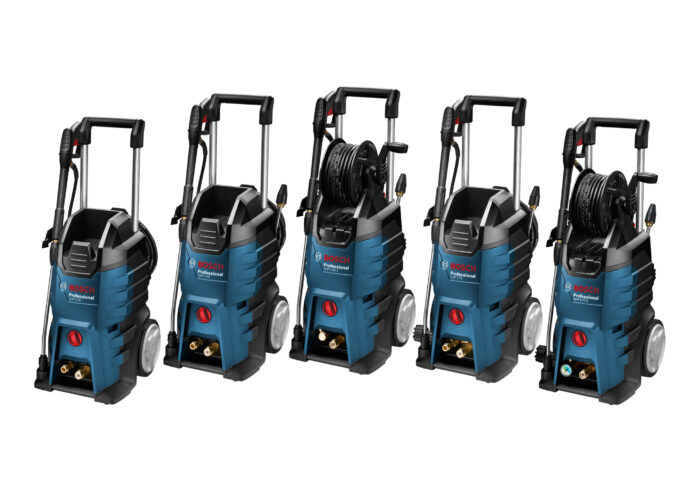The hose on a high pressure washing machine is essential to ensuring a professional clean. When using one at home, you should use a hose with a proper rating for the PSI it can deliver. In addition to the pressure rating, the hose should also be suitable for the washer’s nozzle. Before purchasing a hose, you should check whether it’s compatible with the nozzle on the washer and the faucet on the machine. Make sure that the hose is twist or snap-connected to the nozzle.
Braided stainless steel hose
Braided stainless steel high pressure washing machine, or PSW, hoses are generally more durable and aesthetically pleasing than their rubber counterparts. Steel braiding reinforces the rubber, reducing the risk of bursting and causing leaks. PSW hoses are relatively inexpensive, and the additional durability and resilience make them an excellent investment. Regardless of how much pressure you plan to use, the PSW hose must be sturdy enough to withstand the pressure.
Stainless steel hoses are durable, but can be prone to kinking or bend in tight spaces. When the stainless steel begins to bite into the rubber hose, it may burst. For this reason, you should purchase stainless steel hoses that come with elbows at the end to avoid this problem. Another type of stainless steel hose is one with an auto shutoff. Auto-shutoff stainless steel hoses allow you to refill the hose 50 percent faster than the standard type.
A good quality high pressure washing machine hose will protect your home from damage caused by excessive water. An automatic shut-off feature can save you money and prevent flood damage. If the water pressure suddenly changes and a rupture occurs, it will shut off automatically. Auto-shutoff hoses can make the difference between a small pool of water on the floor of your laundry room and a large flood.
Rubber hose
When you’re choosing a hose for your high pressure washing machine, make sure you understand what you’re getting. High-pressure hoses are usually made of PVC plastic, rubber, or polyurethane. While PVC is the most common type, it’s not the most durable. Rubber hoses are more flexible, but they don’t last as long as other types of hoses. Also, they tend to mark surfaces. Polyurethane hoses are newer and made of a flexible, clear PVC casing.
A rubber hose is lightweight compared to its metal counterpart. It can withstand high temperatures and sudden pressure surges. It’s flexible and can be linked to a number of hose fittings. A coiled hose is much easier to store than a straight tube, so it can be easily manipulated around corners. Another coiled hose is the RYCO Hydraulics H6000D Diehard. It’s made of synthetic rubber and steel wire for a reinforced hose. This hose is also made of cadmium-plated steel or stainless steel.
These hoses come in a variety of sizes. A universal hose is designed to fit most gas-powered pressure washers. It’s one-fourth inch in diameter and is safe to use in temperatures as high as 149 degrees Fahrenheit. The standard gas-powered pressure washer hose fits M22 connectors. Similarly, a heavy-duty hose is one-fourth inch in diameter and is resistant to chemicals. It’s suitable for pressures of up to 3000 PSI.
Sewer jetting hose
When working with a high pressure washing machine, a sewer jetting hose can save you time and money. These hoses are lightweight, flexible and can withstand high pressure. In addition, they come with a slick cover that can prevent abrasion. A sewer jetting hose typically comes in lengths of 50 to 100 feet. If you have a large pressure washer, you can choose a larger length to reach tight areas.
A sewer jetting hose is typically made of stainless steel and can be found in several different sizes. Depending on the size of the drain, sewer jetting hoses can have different orifice patterns. One nozzle has a 45-degree angle, which provides self-propulsion while providing excellent cleaning action on the inside of the pipes. Other nozzles have small holes that help maintain pressure.
A sewer jetter hose is made from high-quality PU material. The cover layer is low-friction, enabling it to slide easily through any sewer. The hose is also three times wear and oil resistant. Its high-pressure capabilities allow it to work in a wide temperature range. A sewer jetter hose can handle up to 4000 PSI of working pressure, 4.5 GPM, and up to ten thousand pounds of burst pressure.









